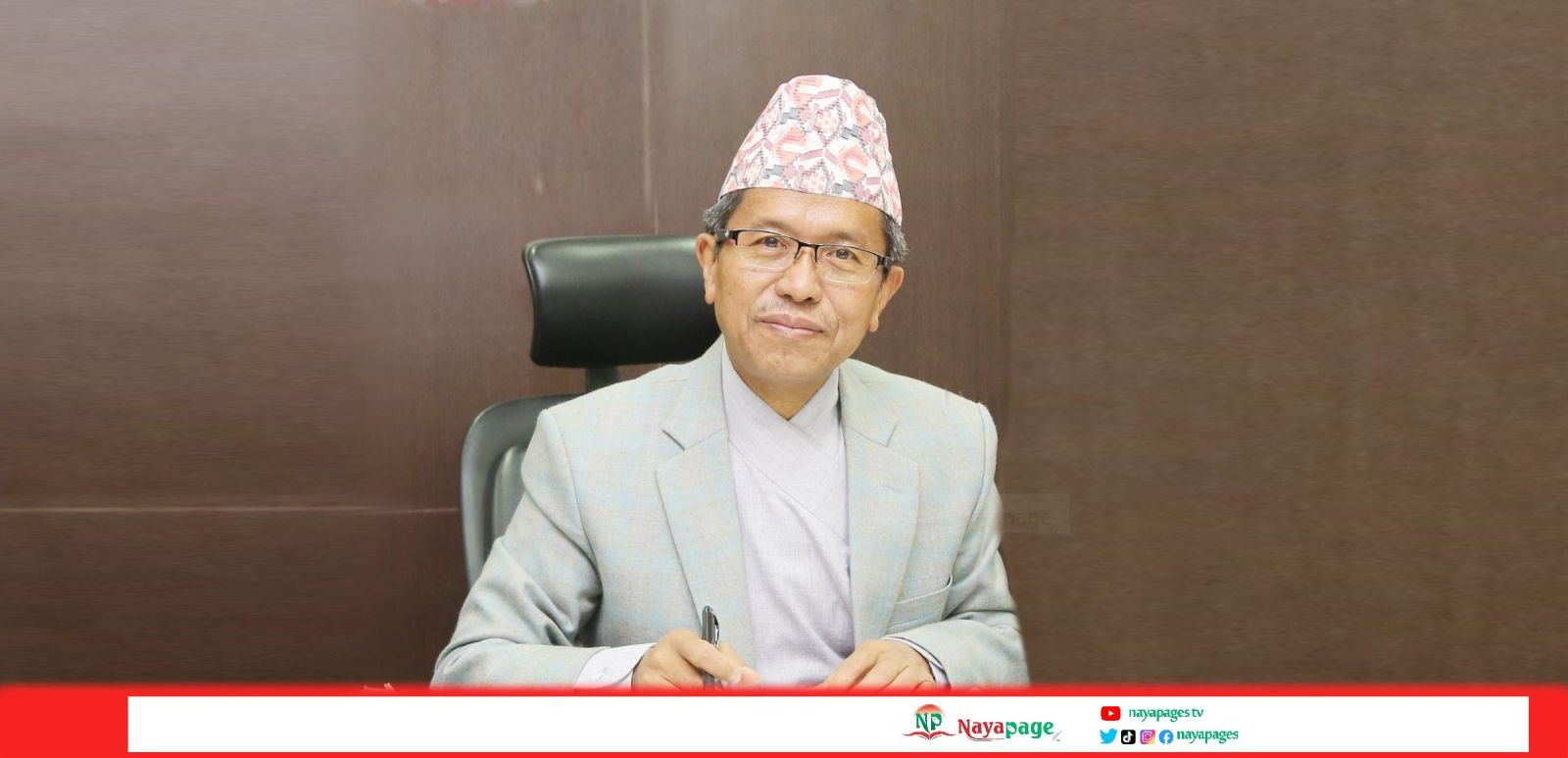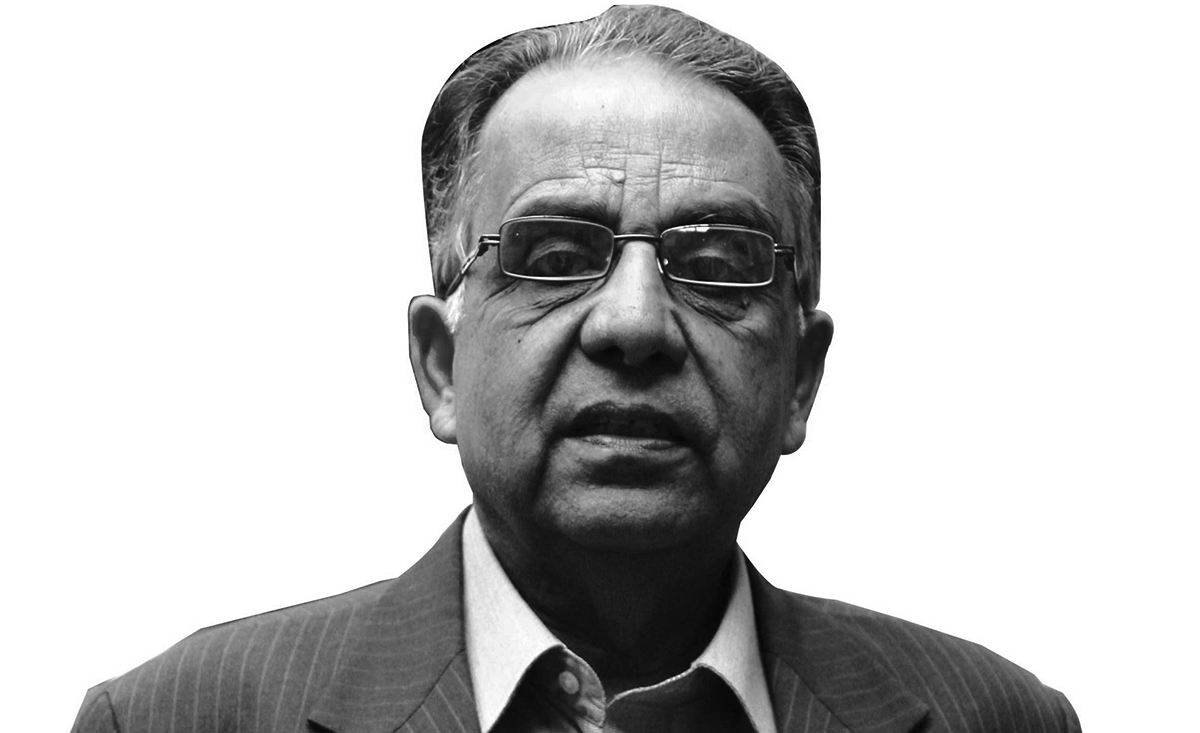Statute of Limitations Should Be Decided by the Parliament: CIAA Chief Rai
"CIAA Chief Rai's 10-Point Suggestions on the Amendment Bill of the Anti-Corruption Act"

Kathmandu: The Commission for the Investigation of Abuse of Authority (CIAA) has presented various suggestions regarding the Amendment Bill to the Anti-Corruption Act, 2059. These suggestions were presented at Thursday's meeting of the State Affairs and Good Governance Committee under the House of Representatives. The commission has put forward its suggestions in 10 different points before the committee.
At the meeting of the State Affairs and Good Governance Committee of the House of Representatives on Thursday, CIAA Chief Prem Kumar Rai presented his 10-point suggestions to the committee concerning the statute of limitations in the discussion on the Amendment Bill of the Anti-Corruption Act, 2059.
While presenting the suggestions, Chief Commissioner Rai mentioned that the decision regarding the five-year statute of limitations in corruption investigations should be made by the Parliament. He stated, "It has been proposed that no cases be filed or statutes of limitations be imposed five years after the retirement of any employee or official. A five-year statute of limitations was also included in Section 13 of the original act. This provision has been proposed now to align with that. In cases where government property has been damaged or embezzled, there will never be a statute of limitations. The five-year statute of limitations applies only when there is no damage or embezzlement. We have no particular opinion on this matter. It is our belief that the esteemed Parliament and the committee should discuss and determine the potential impacts by studying them."
He pointed out that there is no such limit on losses to government property. Rai remarked, "Many scholars have weighed in on this issue, so it is appropriate for Parliament to carefully consider it."
In his suggestions, Rai stated that it is unnecessary to amend the proposed bill to revise the definition of "public institution" mentioned in clause (c) of Section 2 of the original act. To address this, the CIAA has proposed adding the words "...or union organization" at the end of sub-clause (4) of clause (c) under item 2 of the report passed by the National Assembly.
Similarly, the CIAA has proposed that civil servants who own property, conduct business, invest in securities, open bank accounts, or hold stakes abroad should be subject to punishment. Additionally, the CIAA has suggested replacing the term "five years imprisonment" proposed in Section 16A of the original act with "three years imprisonment," and recognizing only transactions conducted through financial institutions.


.png)








2024-10-01-23-06-38.jpg)

